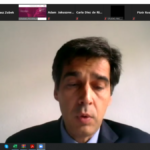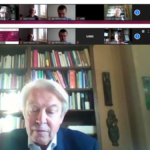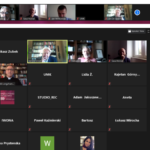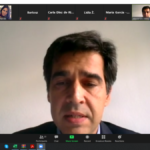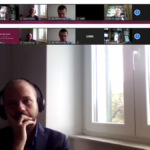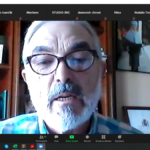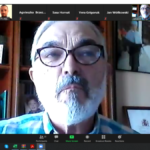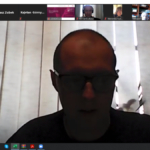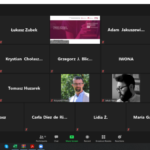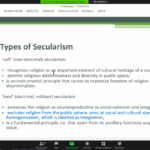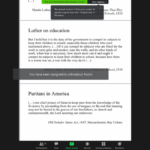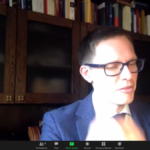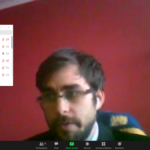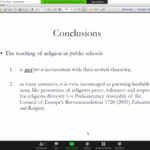Religious Freedom and Education-International Scientific conference
2020-10-20
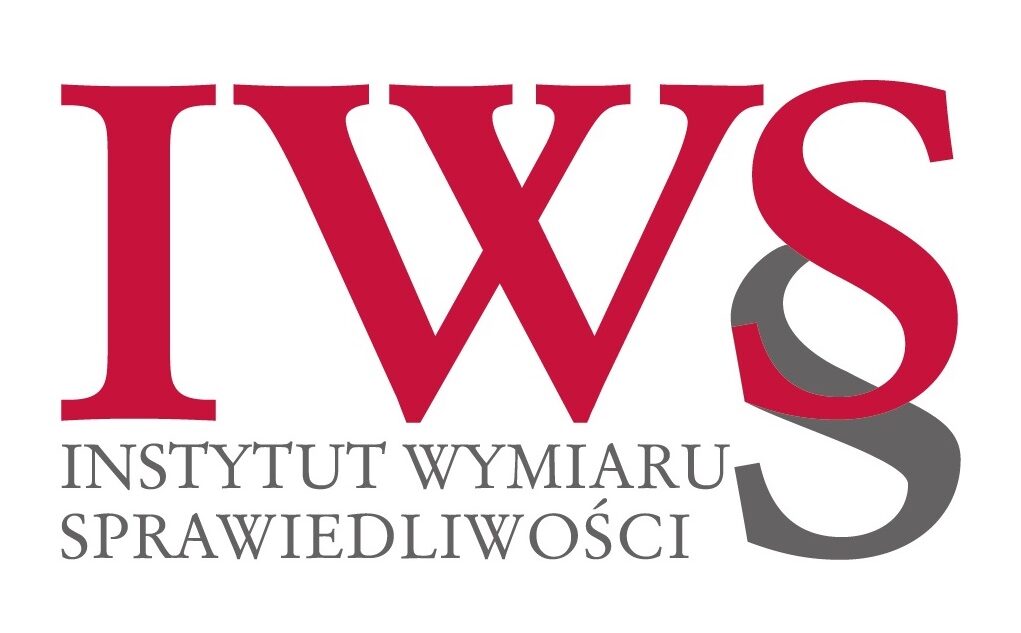
On October 8-10, 2020, the International Interdisciplinary Conference entitled Religious Freedom and Education was held. The conference was organized by the Institute of Justice as part of the “For the freedom to profess religion in the modern world. Counteracting the causes of discrimination and helping the persecuted on the example of Christians ”research project, the implementation of which is provided by the Institute of Justice Strategic Analysis Center. It was attended by outstanding experts, both Polish and foreign, specializing in the field of religious freedom.
The discussion during the first day of the conference was devoted to the thematic scope of non-governmental organizations. The lectures concerned such issues as: organizations that help the victims (discriminated against or persecuted because of their religion and beliefs) and broadly understood religious freedom. Representatives of the following organizations took the floor during the conference: Aid to the Church in Need, Observatory on Intolerance and Discrimination against Christians in Europe, Christian Concern, Obrservatorio de Libertad Religiosa y de Conciencia, Institute for Legal Culture “Ordo Iuris”, Voice of Martyrs, Open Doors, Laboratory of Religious Freedom.
Thanks to the meeting, it was possible to create a set of good practices in statutory activities aimed at helping victims of discrimination and persecution, as well as a series of activities in which these organizations can support each other.
The second day of the conference focused mainly on the experiences of the academic world and its views on religious freedom and its relation to education. The first speaker was dr hab. Marcin Wielec – Director of the Institute of Justice, who in his speech, outlined the legal framework for the protection of religious freedom and the right to education. Bartłomiej Oręziak – Coordinator of the Center for Strategic Analyzes of the Institute of Justice- pointed to the importance of the freedom of research in social development.
A particularly interesting speech was made by prof. Charles Russo of the University of Dayton, who emphasized the importance and place of religious freedom in the human rights system. Interestingly, he did it from the perspective of international law, treaties, but also from the perspective of social sciences, especially pedagogy, without depriving the audience of philosophical and theological reflection.
In subsequent sessions, Professor Enrique Martinez emphasized the metaphysical foundations of religious freedom, and Professor Manuel Lazaro Pulido shared the pedagogical and legal reflections on the education model in Spain. Professor John A. Berry gave speech on the Maltese perspective of religious freedom and education, pointing to the interpenetration of the threads of national law and European law in this area.
The other speakers represented academic centers from countries such as Croatia, Spain, Slovakia, Italy, the United States, Malta, Great Britain, Slovakia, Germany and Poland. Their speeches allowed for a substantively good and scientifically diverse discussion until late in the evening.
The third day of the conference began with lectures by professor Jana de Groofa (University of Antwerpen / College of Europe, Brussels) and Fr. professor Franciszek Longchamps de Berier (Jagiellonian University). Professor De Groof outlined a catalog of contemporary challenges faced by both the doctrine of human rights and educational law in relation to the two realities of education (including education) and religion. This reflection related primarily to European law.
Fr. prof. Lonchamps de Berier pointed to the pressing issue of the defence of religious freedom by modern generations. He did it based on a legal reflection on the judgments of the US Supreme Court, citing and discussing in detail several judgments of the US Supreme Court. In both of these lectures the importance of education was heard as the field of shaping proper social attitudes and opening up of secularized societies to religion and showing its positive contribution to social life.
Considerations, both in theoretical and practical aspects, were extended by the papers of the last session. The representatives of the following scientific centres took the floor: Spanish Constitutional Court, Royal Spanish Academy, UNED University in Madrid, Abat Oliba CEU University in Barcelona. Jagiellonian University in Krakow, Cardinal Stefan Wyszyński University in Warsaw.
The Institute of Justice was once again a place for an interdisciplinary and substantively high-quality discussion on the pressing problems of the modern world and the need to implement good, often innovative solutions to the Polish legal system.



